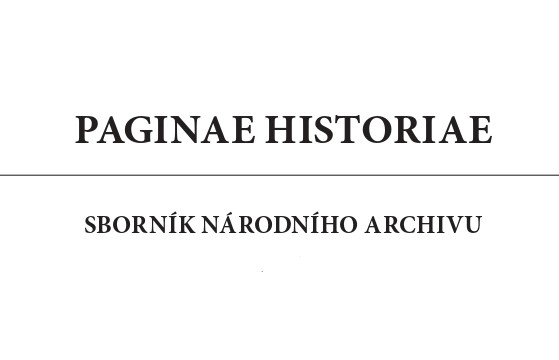Tvůrčí svazy a Národní fronta: od politické emancipace k efektivní normalizaci
Artists Unions and the National Front. From the political emancipation to efficient normalisation
Author(s): Jan MervartSubject(s): Civil Society, Political history, Social history, Post-War period (1950 - 1989), History of Communism, Sociology of Art
Published by: Národní archiv
Keywords: artist unions; national front; Czechoslovakia; 60s; 70s;
Summary/Abstract: The paper does not dwell on the detailed mapping of the mutual relation between the Creative and Artistic Unions and the National Front in the time period of the Czechoslovak state socialism, it is rather devoted to an analysis of the change in the relation, i. e. radical polarity reversal in the mutual perception at the end of the 1960s and the beginning of the 1970s. The first part of study is focused on the political development and the social role of the creative unions in the post-Stalinist society. The following part of this paper reveals the reform conception of the National Front as well as its consolidation function after August 1968. While the National Front represented an important symbol of reforms in the political and social life in 1968 and played a role of the intermediary for the unions to gain a direct political influence, in the era of the early normalisation, it became one of the most powerful instruments of so called consolidation. The National Front can, therefore, be regarded, in a short time period, both as means of political emancipation and as an extraordinarily efficient instrument of political consolidation in relation to the creative unions.
Journal: Paginae Historiae
- Issue Year: 25/2017
- Issue No: 2
- Page Range: 140-153
- Page Count: 14
- Language: Czech

